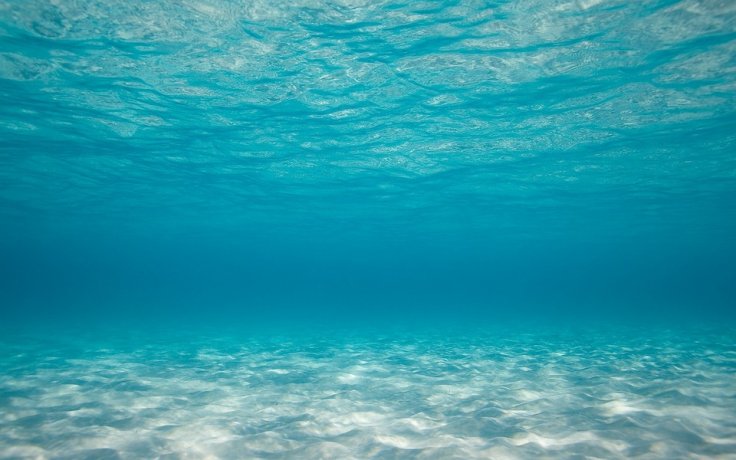A group of scientists identified a new factor that could determine the presence of alien life on an exoplanet. According to a new study, the circulation of oceans on exoplanets could affect the development of alien life.
The new study was carried out by planetary scientists from the University of Chicago. It was published in the Astrophysical Journal.

New Method Of Finding Alien Life
According to scientists, previous studies on the oceans of exoplanets mainly focused on their effect on the climate. However, aside from affecting climate conditions, the researchers believe the liquid oceans play a key role in cycling marine nutrients, which aids in the development of ocean-based organisms.
"The small amount of previous work on exoplanet oceans focused mostly on their climate impact," Dorian Abbot, a co-author of the study, said in a statement. "This study starts the process of assessing the impact that ocean circulation has on nutrient cycling, biological productivity and, potentially, the detectability of life on exoplanets."
Cycle Of Life In Earth's Oceans
On Earth, the top layer of the ocean receives sunlight, which nourishes organisms that rely on photosynthesis. Then, as organisms from the top layer die, they drift down to the deeper and still regions of the ocean, carrying the nutrients with them.
These nutrients tend to return to the top layer of the ocean through a natural process known as upwelling. This occurs when the wind causes the top layer of the ocean to mix with the lower layers, causing the nutrients to spread across the ocean.

Finding Life In Exoplanets' Oceans
According to the scientists, the same process can be observed in exoplanets. Although certain characteristics of planets can affect their upwelling process, the same ocean cycling phenomenon still remains. For the researchers, studying the circulation of oceans could reveal if an exoplanet is capable of hosting marine-based alien life forms.
"We found that planets that rotate slower than Earth, have higher surface pressure than Earth and have saltier oceans than Earth may all experience greater upwelling," Olson explained. "That might lend itself to more active photosynthetic life and that may ultimately manifest as more detectable photosynthetic life. Those are the types of planets that we should prioritize for life-detection studies, and those are the types of planets where if we don't find life, the non-detection might be more meaningful."









